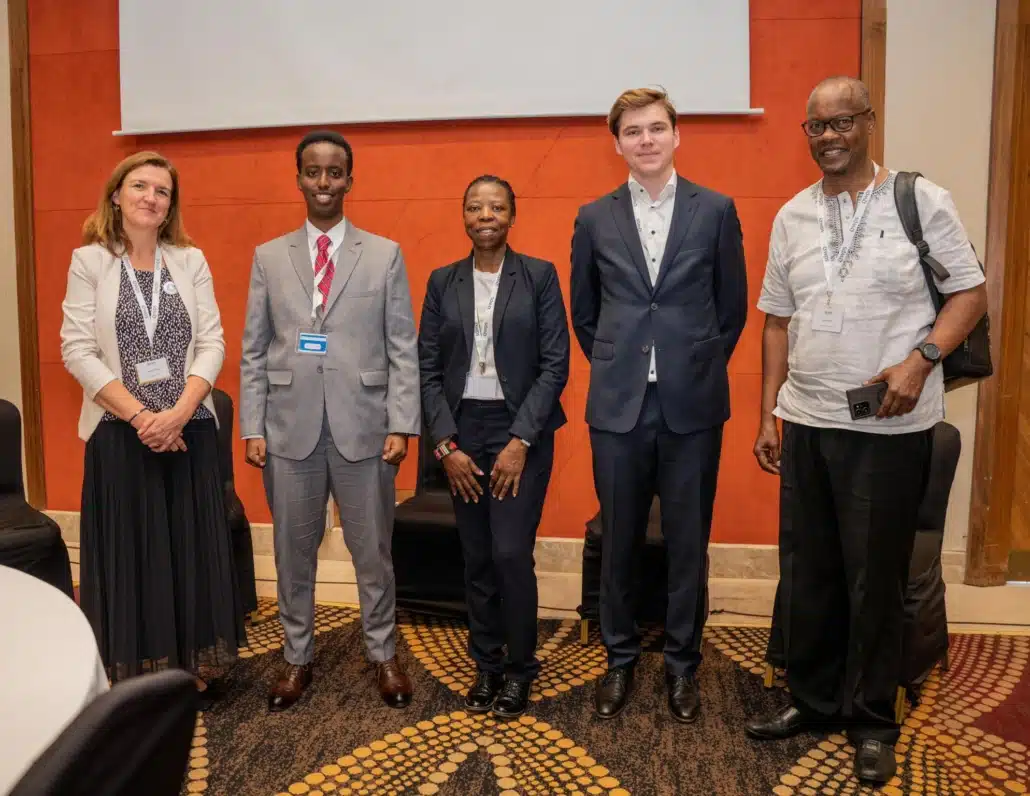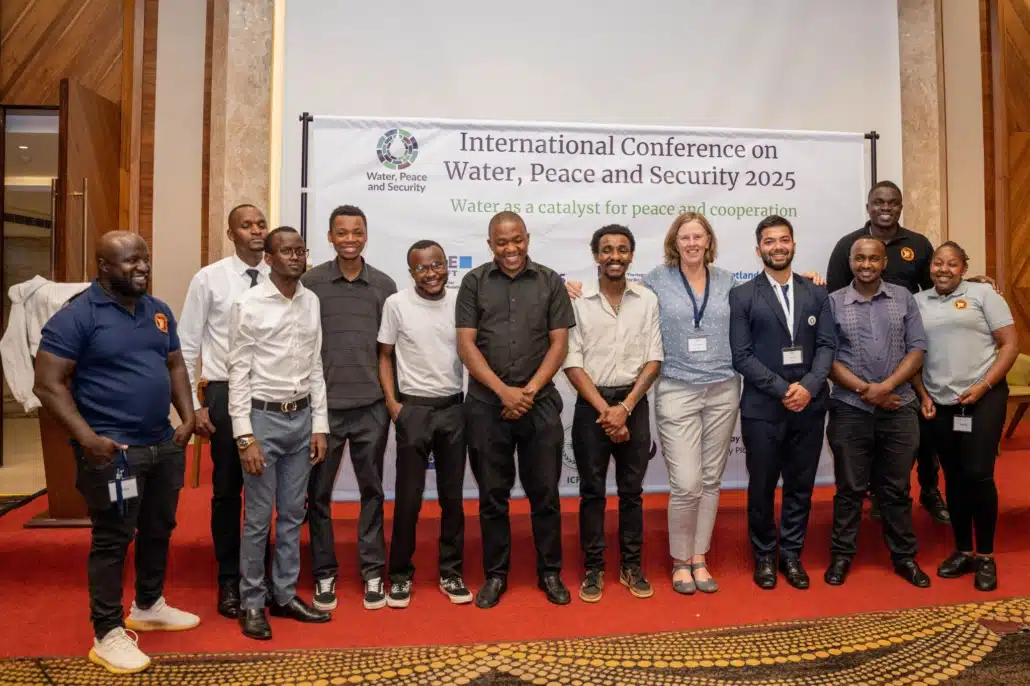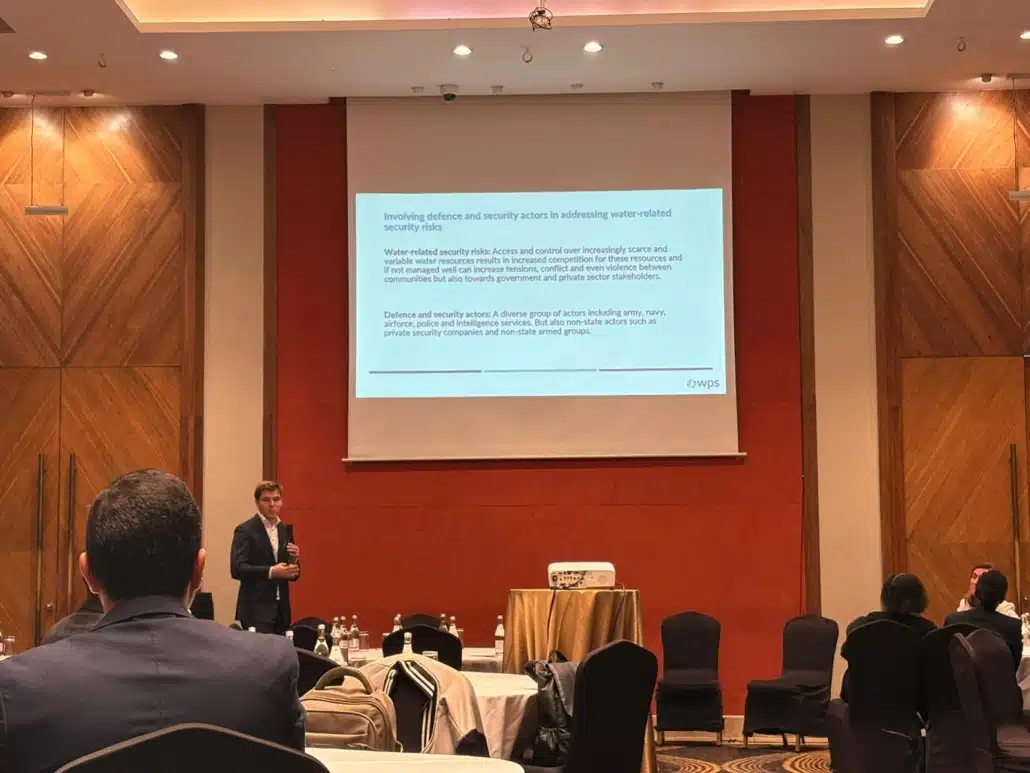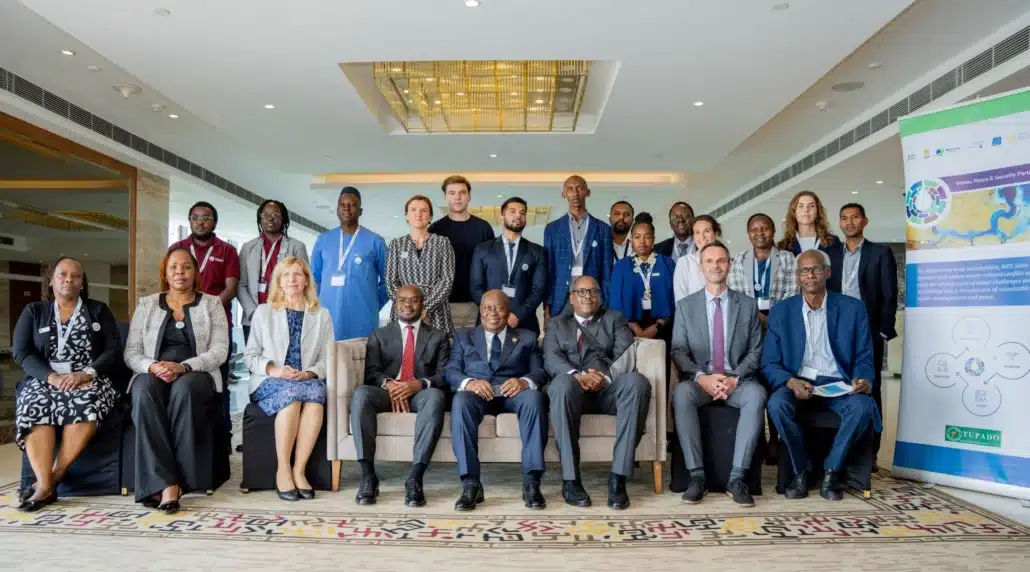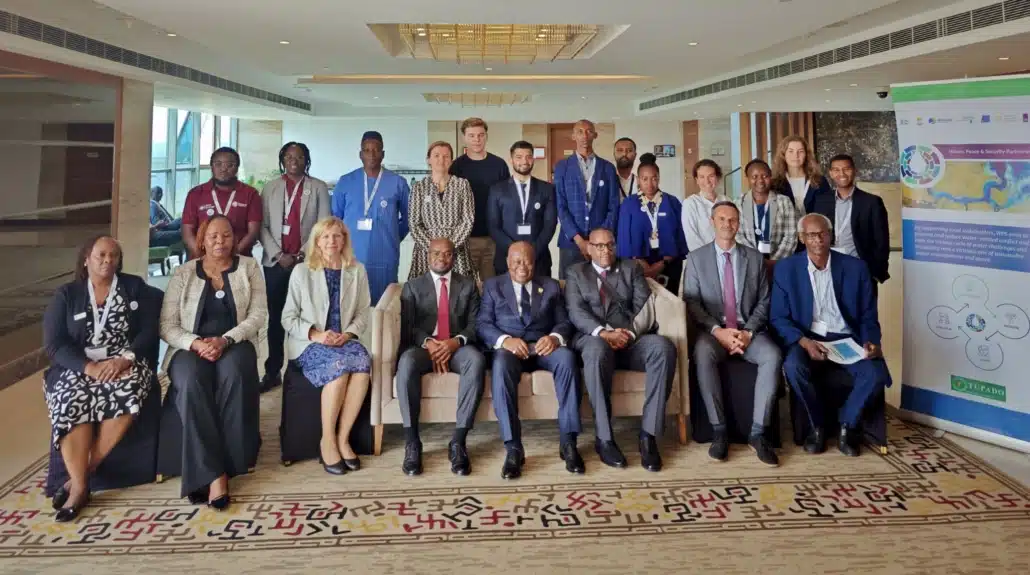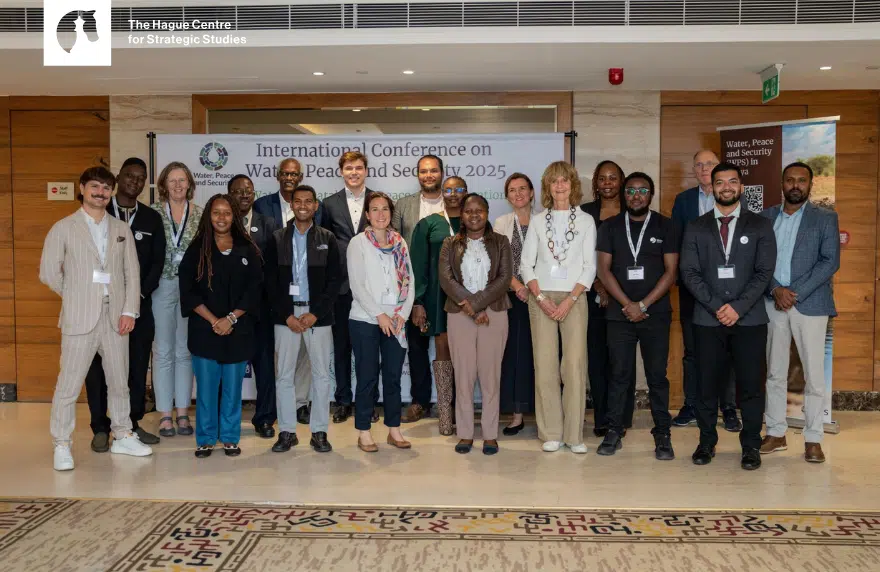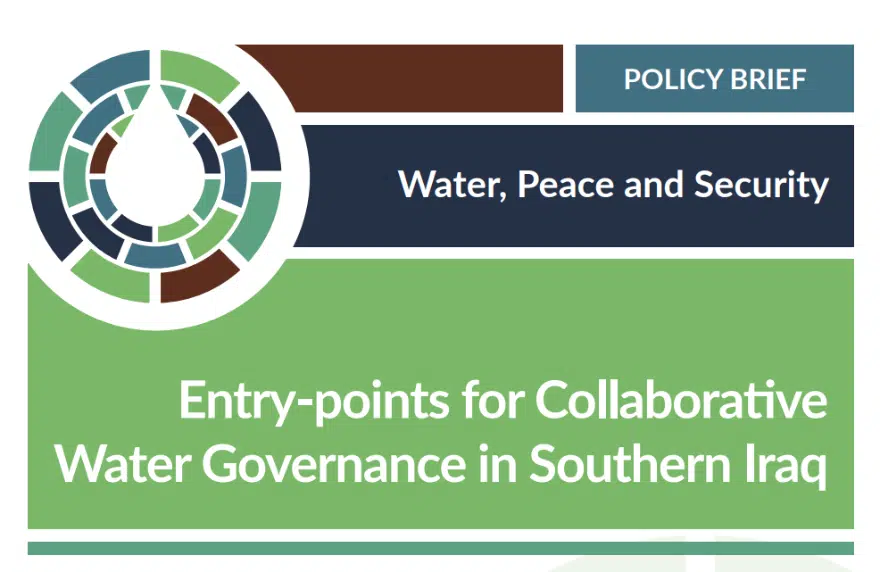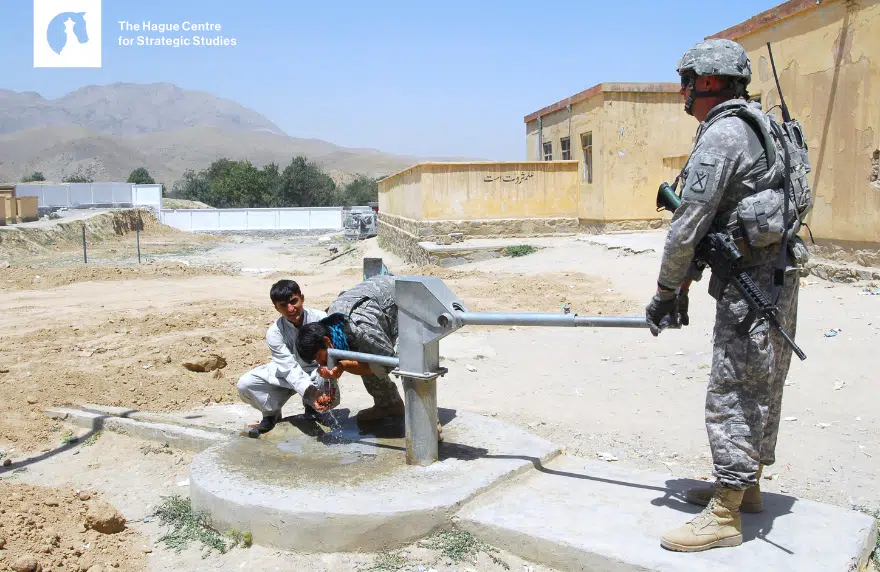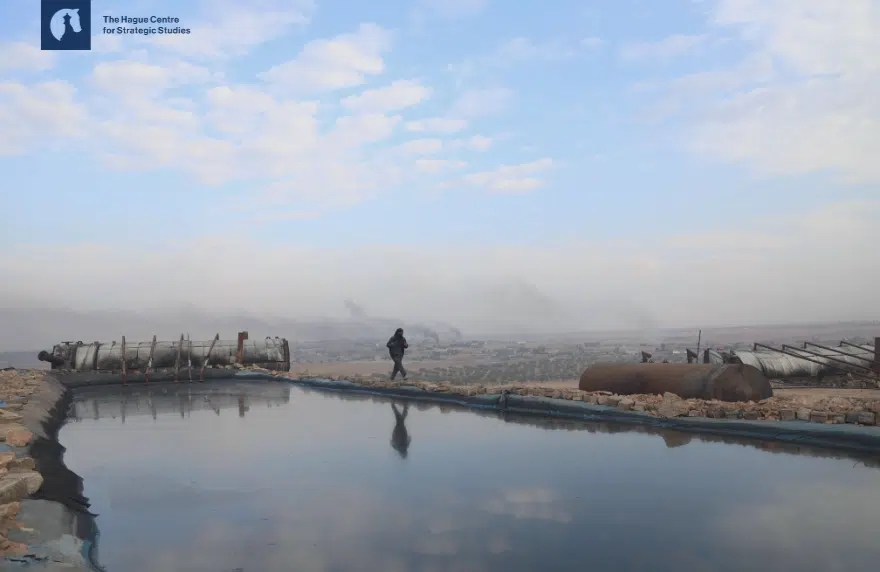Two weeks ago, HCSS strategic analyst Thijs van Aken represented The Hague Centre for Strategic Studies (HCSS) at the International Conference on Water, Peace and Security in Nairobi, Kenya, organised by the Water, Peace & Security (WPS) Partnership. The event, themed “Water as a Catalyst for Peace and Cooperation”, brought together governments, international organisations, civil society, researchers, and practitioners to explore how water can serve as a driver for peace rather than conflict.
As part of the Water, Peace & Security (WPS) Partnership, HCSS together with International Alert co-organised a panel session on “Securing Water, Sustaining Peace: Involving Defence and Security Actors in Addressing the Water Security Nexus.”
Reflecting on the discussions, van Aken noted:
“In fragile contexts, defence and security actors are increasingly called upon to support stabilisation and disaster relief efforts when water stress turns into a security risk. Yet their involvement in addressing these issues—together with diplomacy, development and disaster relief actors—remains limited. The key question is: how can we better integrate defence and security actors into long-term water governance and peacebuilding efforts, without compromising trust and local ownership?”
The panel agreed that defence and security actors do have a role to play, but their engagement comes with significant challenges. Local communities may distrust military actors when they overlook existing water management practices or indigenous knowledge. At the same time, armed forces often lack the mandate and capacity to proactively address water-induced security risks, making sustained cooperation with civilian partners difficult.
To bridge these gaps, the panel identified three key priorities:
- Deepen local knowledge: Defence forces should engage with local water governance structures and learn from community-level security actors to build trust and contextual understanding.
- Establish joint frameworks: Civil and military actors need clear, shared operational mechanisms that can be activated when water-related stresses escalate into security risks.
- Think and act regionally: Because water stresses transcend borders, regional collaboration is essential to manage and mitigate water-related security challenges collectively.
“The discussions in Nairobi highlighted the urgent need to build effective partnerships between defence, development, disaster relief and diplomacy actors,” said van Aken. “These cross-sectoral efforts will be key to sustaining peace in a world where climate, water and security risks are increasingly intertwined.”
The WPS Conference underscored this interconnection, with sessions on themes including:
✅ From water-conflicts to peace and cooperation
✅ Innovations for water and peace
✅ Climate change and water security
✅ The agency of marginalised groups in water, peace and security
HCSS is proud to contribute to the Water, Peace & Security Partnership, supporting innovative approaches to understanding and addressing the links between water stresses, conflict, and peace.
